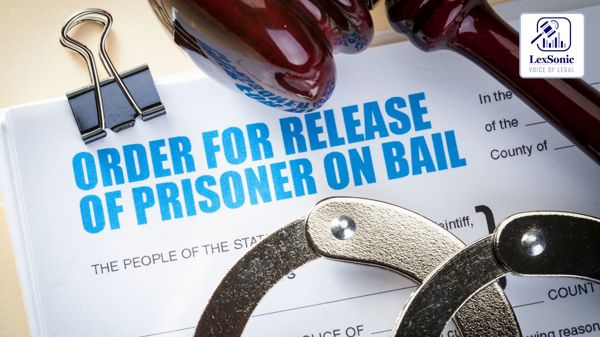Supreme Court Grants Bail in Cryptocurrency Fraud Case.
18 February 2025
Bail and Antcipatory Bail >> Criminal Law | Criminal Appeals & Suspension of Sentence >> Criminal Law | Criminal Trial >> Criminal Law
The Supreme Court of India has granted bail to an accused in a cryptocurrency fraud case involving approximately ?4 crore, while also providing a detailed interpretation of Section 437(6) of the Code of Criminal Procedure (CrPC). The court emphasized the need for a balanced approach between individual liberty and the interests of justice, particularly in cases involving prolonged trials.
The appellant was accused of defrauding nearly 2,000 investors through a cryptocurrency scheme. Despite the seriousness of the economic offense, the Supreme Court granted bail, considering the appellant's custody period since December 2023 and the protracted nature of the trial, which involved a vast number of prosecution witnesses.

Key Points Regarding Section 437(6) CrPC:
- Balancing Speedy Trial and Justice:
- The court clarified that Section 437(6) aims to expedite trials and protect individual liberty, but it does not grant an absolute right to bail.
- Magistrates have the discretion to refuse bail by recording reasons, balancing the accused's right to a speedy trial with the interests of justice.
- Factors for Refusal of Bail:
- The court outlined factors relevant for refusing bail under Section 437(6), including:
- Whether the trial delay is attributable to the accused.
- Whether there is a risk of evidence tampering or prejudice to the prosecution.
- Whether there is a risk of the accused absconding.
- Whether the accused was in custody during the entire relevant period.
- The court outlined factors relevant for refusing bail under Section 437(6), including:
- Liberal Approach:
- The court advocated for a liberal approach to bail applications under Section 437(6), especially in cases with documentary evidence, no fault on the accused's part, and little prospect of a near-term trial conclusion.
- Illustrative, Not Exhaustive Factors:
- The court made it clear that the factors they provided are illustrative, and not exhaustive.
- Difference from Section 167(2) CrPC:
- The court distinguished Section 437(6) from Section 167(2) CrPC, which mandates bail in case of delayed charge sheets, emphasizing the discretionary nature of the former.
Conditions Imposed:
- Deposit of ?35 Lakh:
- The court directed the appellant to deposit ?35 lakh with the trial court within six months as a condition for bail.
- Failure to deposit the amount would result in automatic cancellation of the bail.
- Trial Court Conditions:
- The appellant was also subject to other terms and conditions imposed by the trial court.
Significance of the Judgment:
This judgment provides valuable clarity on the interpretation and application of Section 437(6) CrPC, ensuring a fair balance between individual liberty and the administration of justice. The imposition of a financial deposit as a bail condition, while acknowledged as unusual, highlights the court's discretion in addressing the specific circumstances of economic offenses. The judgement also reinforces the need for lower courts to expedite trials, particularly those involving lengthy witness lists.
Section 167., Code of Criminal Procedure - 1973
Section 437., Code of Criminal Procedure - 1973
